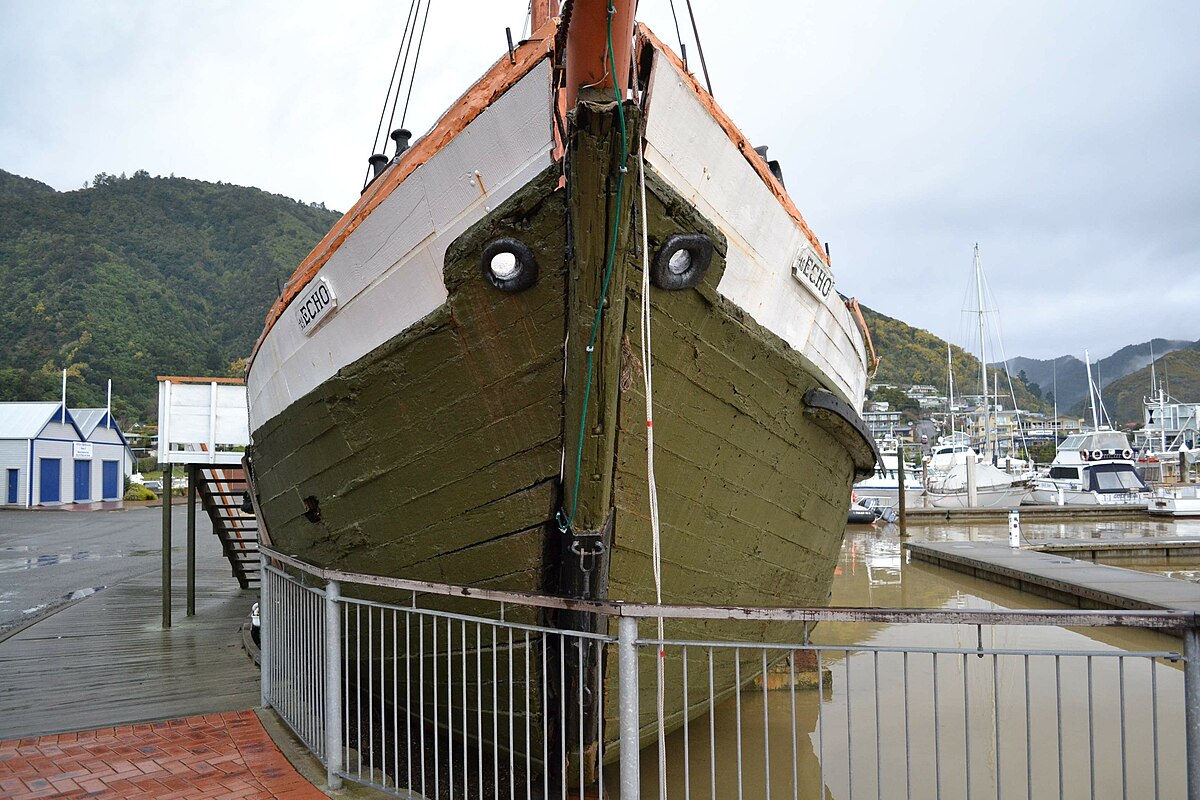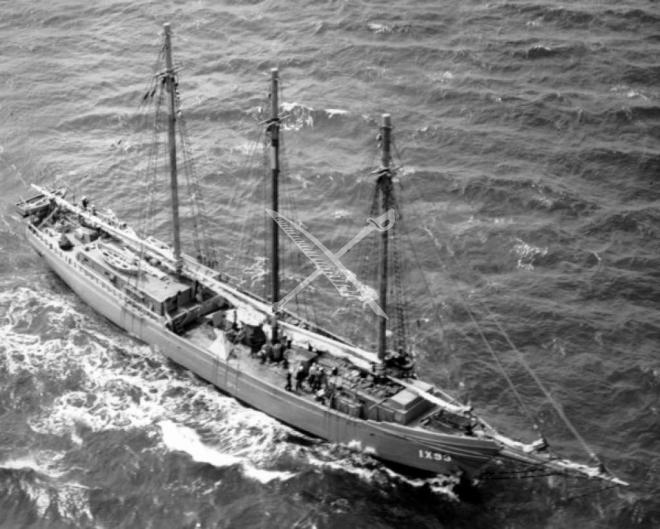IOTL the Japanese were by this time coming close to the principle action that sealed the fate of Burma. That is the capture of the Sittang bridge, which for a number of reasons left the British forces too weak, to defend Rangoon the fall of which effectively cut the supply line for the British. ITTL the British rather than being on the back foot, have advanced into Thailand and are taking the fight to the Japanese and Thai forces. Even if the Japanese manage to get to the river crossing before the British, they are still fighting in Thailand, and have a significant way to go before they are in Burma. And while the British would be retiring onto their principal supply port, along their established supply route, at a pace they would have a measure over. The Japanese however are at the end of a very long and torturous supply chain, one that because of the requirements of Malaya and the Philippines. Along with all the other Japanese campaigns at the time, from China to the Pacific and stretching south to the DEI, mean that this campaign is well down the logistics list. It should be noted that even now and given the substantial development in the area, the rail journey from Bangkok takes 15 hours, and this rail line would have been at the time the only link. And as it was as a majority of the Thai rail network single track, which is by its nature very susceptible to interdiction, as it only takes a few bombs in the right place to shut it down for at least 24 hours. And even once you have managed to get your supplies to the end of the railway at Chiang Mai, you then have to transport them forward to your forces, not along modern sealed roads, but along primitive roads mostly made up of mud. You are going to need hundreds of bullock carts and pack animals, along with their handlers. While the British who have trucks can always outpace you, and develop a gap between your advance and their rearguard. Giving them time to prepare a defensive position, and one that you can not outflank. Remember the British do have armoured support, and will have by now become fully informed on the standard Japanese tactics. It’s 224 miles as the crow flies between Chiang Mai and Rangoon, which given the state of the roads and tracks in the region we can easily move than double to 500 miles. If the Japanese infantry could maintain a marching pace of 20 miles a day, it would take them 25 days to reach Rangoon. And that is without a single delay for any reason, no roadblocks, battles or disruptions, to them or the road. And all the time that they are marching toward Rangoon, the British will be bringing in reinforcements, fresh troops, more equipment and more resources. Whether the Japanese get to the river first or second, by now makes very little difference, the British have gained enough breathing space, so that even if they endure some local defeats, they are in a position to win in the end. The major problem for the Japanese is that the window of opportunity has firmly closed, and while they will be getting increasingly weaker, the British are only going to be getting stronger day by day.
RR.

